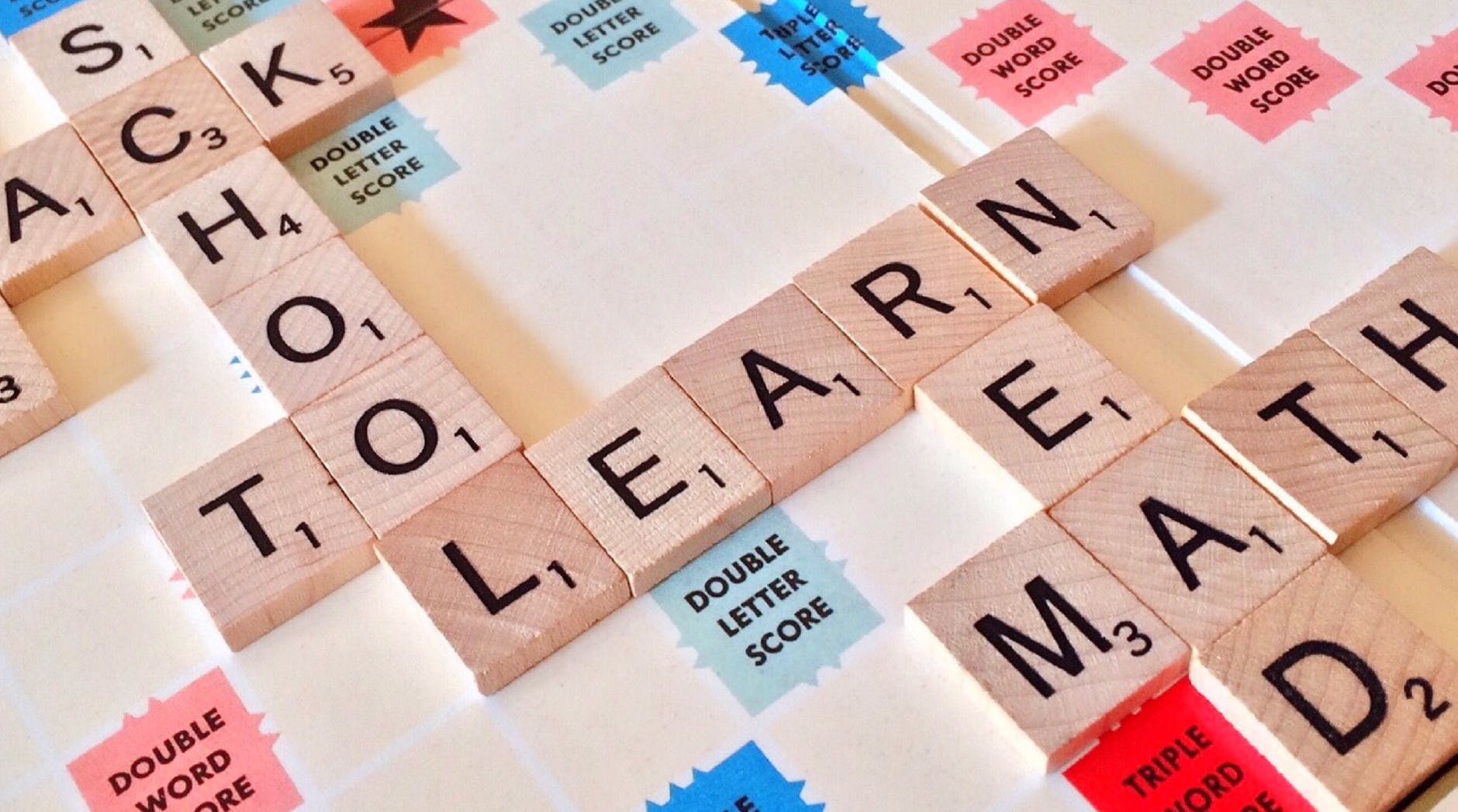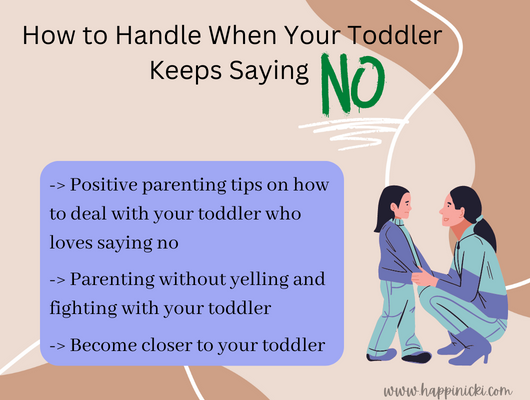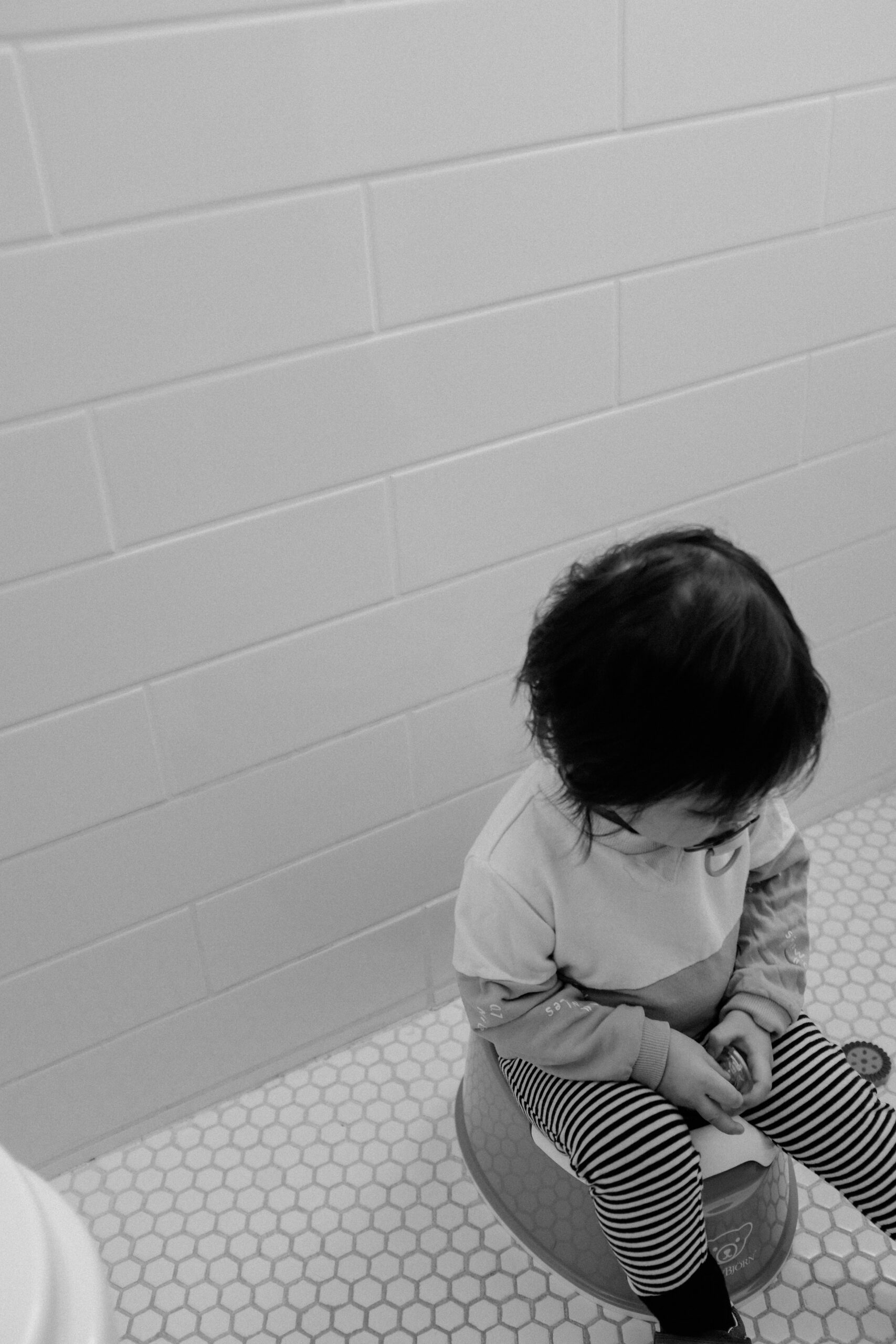Are you a parent who has seen a lot of homeschooling vs traditional school articles, yet are still confused about which one is better? Or are your children currently enrolled in a traditional school but you are thinking of educating them at home? You try to search online about the difference between the two only to get overwhelmed. Worry no more! I have listed down the pros and cons of both education methods just for you!

What is the difference between homeschooling and traditional schooling?
Every parent wants their children to learn what they need to survive the outside world. While all parents have the same goal, each one chooses a different path for their offspring. Some might hear homeschooling vs traditional schooling debate from their co-parents which could cause them to be confused as to which road to take.
Others might believe that teaching children at home using the right materials could benefit their children more than traditional schooling. While some might think that homeschooling is not better than traditional schooling, so they would choose the latter.
Knowing the advantages and disadvantages of both schooling methods could help you decide which is the right one for your children. First thing’s first, let me define both methods for you.
Homeschooling is a schooling method wherein parents are the primary educators of their children. On the other hand, traditional schooling is where children learn through their teachers by going to an institution.

As parents, you are obligated to choose which method you think is best for your children. But how can you know which one is better? Both methods have pros and cons, and you have to weigh which one works best for you and your children.
There is no right or wrong choice when it comes to schooling. What is important is that your children would learn how to read and write, and how to solve problems. Check out the list below to know if homeschooling is better than traditional schooling for you or vice versa.
Advantages of Homeschooling
Both schooling methods have advantages and disadvantages. We will tackle the advantages of homeschooling first to see if it fits you and your children’s needs.
Personalized education/Tailored curriculum
As parents, you know your children best. So when it comes to choosing the best curriculum, you can focus more on your children’s weaknesses by providing more training materials so they could improve. This does not happen in conventional schooling because teachers have to follow a timeline when it comes to teaching their students.
Children can excel more in their subject of expertise
Through homeschooling, you could see where your children are best at. Your children could skip repeating lectures on subjects that they excel in. This could lead to advancement in subject areas where they are good at.
Higher performance
A study has proved a positive effect of homeschooling on the academic performance of students. The researchers found that 69% of the peer-reviewed studies showed a positive outcome for homeschooling. Students who were educated at home were more successful in college. Other than that, the study also showed that those homeschooled internalized their parents’ values and beliefs better later in life.

Focus on your child’s education
Since the teacher (that’s you) is teaching only one (or depending on how many children you have), you can focus more on each one of them. By giving more attention to each one of your children, you can help them learn better. Likewise, your children might be more open to asking questions about topics that are unclear to them.
Children learn to interact with different age group
In traditional schooling, children usually study with kids the same age as them. Unlike homeschooling, your kids mingle with their siblings of other ages. Just like in the real world, we interact with people of different age groups, so they would benefit from such a setting.
Prevents bullying
With homeschooling, you could protect your children from bullies. The best part is that you could teach your children how you want them to be growing up. It eliminates your problem of handling cases wherein children fear their peers because of bad experiences in a traditional schooling setup.
Closer family ties
Finally, since your children learn with you 24/7, you spend more time with them. You get to know each other better. The result? A closer family tie.

Disadvantages of Homeschooling
While there are a lot of advantages to homeschooling, there are also some disadvantages to this method of schooling.
Needs a lot of patience
There is no one-size-fits-all when it comes to teaching your children. What works with one might not work with another. Some children learn fast, while others learn at their own pace. Some days you might have it easy on all your children. On other days, they might put your patience to the test. If you decide to homeschool, make sure to add patience to your to-do list.

Needs one non-working parent to monitor
Teaching your children at home would eat up a lot of energy and time. So you need to at least have either one of you readily available to help your children learn at home.
More expensive
If you think you could save money with homeschooling, think again. You might save up for the uniform and other expenses, but home education is a lot more expensive. It would be helpful to provide for educational trips, sports, and other extracurricular activities so your children could expand their horizons.

Restricted social life
Unlike traditional schooling, children who are homeschooled tend to have a restricted social life. But as parents, you could enroll your children in sports or art classes to help your children’s social circle to grow. You could also join other activities along with other homeschooled children to help your children learn to interact with other people.
Advantages of Traditional Schooling
You might be used to traditional schooling but do not know how they impact your children’s learning. Below is a list of the things that you can compare with the pros of homeschooling.
Learns alongside same-aged peers
Some children learn better when they see friends and classmates learning alongside them. This could be advantageous if your children are motivated when working with others who are the same age as them.
Learning materials are readily available
One of the reasons why parents choose to send their children to a traditional school is because the learning materials are readily accessible. Projectors, computers, and boards, which are usually found in a traditional school, are helpful teaching aids for more successful learning of students.

Teachers have a degree in teaching
Some people are made to teach, while some are not. Some people know their subject matter well but do not know how to coach others. For this reason, some parents are afraid that they might not be an effective educators, which is why they rely on people with a degree in teaching, aka teachers, to educate their children.
Higher level of competitiveness
Because students see their peers working on the same worksheets as them, children tend to be more competitive. In return, kids learn better when they know they have to be better than their classmates.
Extracurricular activities
With conventional schooling, extracurricular activities are included in the curriculum. You do not have to enroll them in a separate class to learn non-scholastic activities. Children studying in a traditional school may join clubs, varsities, and fairs to learn things outside of classrooms.
Disadvantages of Traditional Schooling
Even though many parents choose the traditional school as compared to homeschooling, there are also some disadvantages to this method of education.
Teachers cannot offer one-on-one with each student
According to DepEd, the allowable class size is from 15 to 65, with an average of 50 students per class. With a one vs 50 teacher-student ratio, it will be very hard for the educator to be one-on-one with each one of the students.

Parents spend less time with children
In the Philippines, children spend about 8 to 9 hours in school. And if children have to sleep 8 hours a night, that leaves them only six hours to spend at home. Traffic is really bad in our country, and if a student has to travel an hour each to and from school, you have to subtract another two hours. However, they still have to review the lectures and do homework, so the hours left for bonding are further decreased.
Peer pressure
While some children perform better in competition, others feel otherwise. Some feel threatened when they can not keep up with their peers. In the end, they develop lower self-esteem, which could affect them later in life.
The Takeaway
So there you have it. I hope this article has helped you decide whether homeschooling or traditional school is the best for you and your children. But you don’t have to feel pressured about which one to choose. What is essential is that you give your children the best education that they deserve. Enjoy parenting!













One thought on “Homeschooling vs Traditional School: Which One is Better for Your Child?”